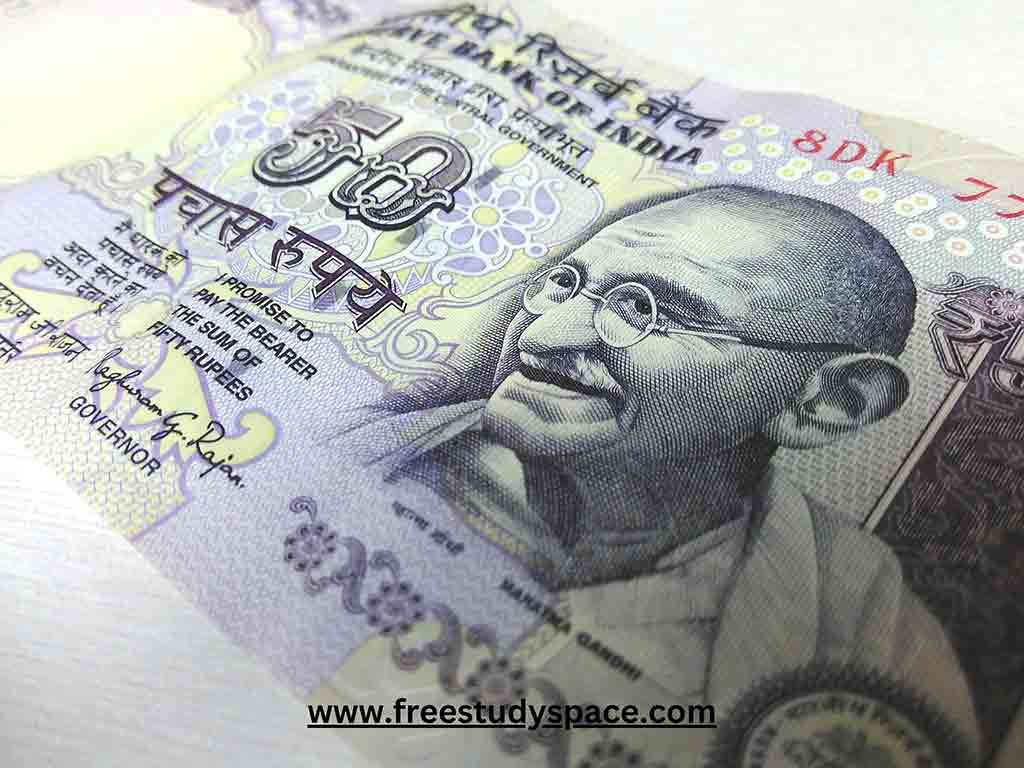
Introduction:
The foreign exchange market, or forex market, is a dynamic and complex ecosystem where currencies are traded. The value of a currency is influenced by a myriad of factors, both internal and external, making the forex market one of the most intricate financial markets. Understanding the key factors affecting currency prices is crucial for traders, investors, and policymakers alike. In this article, we will study the various factors that contribute to the fluctuation of currency prices.
Interest Rates and Central Bank Policies:
Interest rates play a pivotal role in determining the value of a currency. Central banks, such as the Federal Reserve in the United States or the European Central Bank, set interest rates as part of their monetary policy. Higher interest rates generally attract foreign capital, leading to an increase in demand for the currency and, subsequently, an appreciation of its value. Conversely, lower interest rates may result in a depreciation as investors seek higher returns in other currencies with more attractive interest rates.
Economic Indicators:
Economic indicators provide insights into a country’s economic health and are closely monitored by forex market participants. Key indicators include Gross Domestic Product (GDP), employment rates, manufacturing output, and consumer spending. Positive economic data can boost confidence in a currency, attracting investment and driving up its value, while negative indicators may have the opposite effect.
Inflation Rates:
Inflation erodes the purchasing power of a currency over time. Central banks strive to maintain a stable inflation rate within a target range. Countries with lower inflation rates generally experience currency appreciation, as the cost of goods and services is perceived to be more stable. On the other hand, higher inflation can lead to currency depreciation, as investors seek to preserve their wealth in currencies with lower inflation.
Political Stability and Economic Performance:
Political stability and economic performance are interconnected factors influencing currency prices. Countries with stable political environments and strong economic fundamentals are likely to attract foreign investment, leading to an appreciation of their currency. Conversely, political instability, corruption, or economic downturns can result in a depreciation as investors become more risk-averse.
Trade Balances:
A country’s trade balance, the difference between exports and imports, has a direct impact on its currency. A trade surplus, where exports exceed imports, creates demand for the country’s currency, leading to appreciation. Conversely, a trade deficit, where imports surpass exports, may lead to depreciation as more of the country’s currency is needed to pay for the excess imports.
Market Sentiment and Speculation:
The forex market is heavily influenced by market sentiment and speculative activities. Traders often react to news, events, and rumours, causing short-term fluctuations in currency prices. Sentiment can be driven by geopolitical events, economic data releases, or unexpected political developments. Speculative trading based on anticipated future movements also contributes to the volatility of currency prices.
Global Events and Geopolitical Risks:
Geopolitical events, such as wars, conflicts, or diplomatic tensions, can significantly impact currency prices. Investors tend to seek safe-haven currencies, like the US dollar or Swiss franc, during times of geopolitical uncertainty. Additionally, global economic events, such as financial crises or pandemics, can have widespread effects on currency values as markets react to changing economic conditions.
Market Liquidity and Trading Volumes:
Currency prices can be influenced by market liquidity and trading volumes. Major currencies, such as the US dollar, euro, and Japanese yen, are more liquid and typically have lower spreads. In illiquid markets, large transactions can lead to more significant price fluctuations, as there are fewer buyers and sellers to absorb the impact of large trades.
Conclusion:
The foreign exchange market is a multifaceted arena where the prices of currencies are determined by a combination of economic, political, and psychological factors. Traders and investors must stay informed about global events, economic indicators, and central bank policies to make informed decisions. Recognizing the interconnectedness of these factors is crucial for navigating the complexities of the forex market and managing risks associated with currency trading. Ultimately, a comprehensive understanding of the diverse factors affecting currency prices is essential for anyone seeking success in the dynamic world of foreign exchange.
